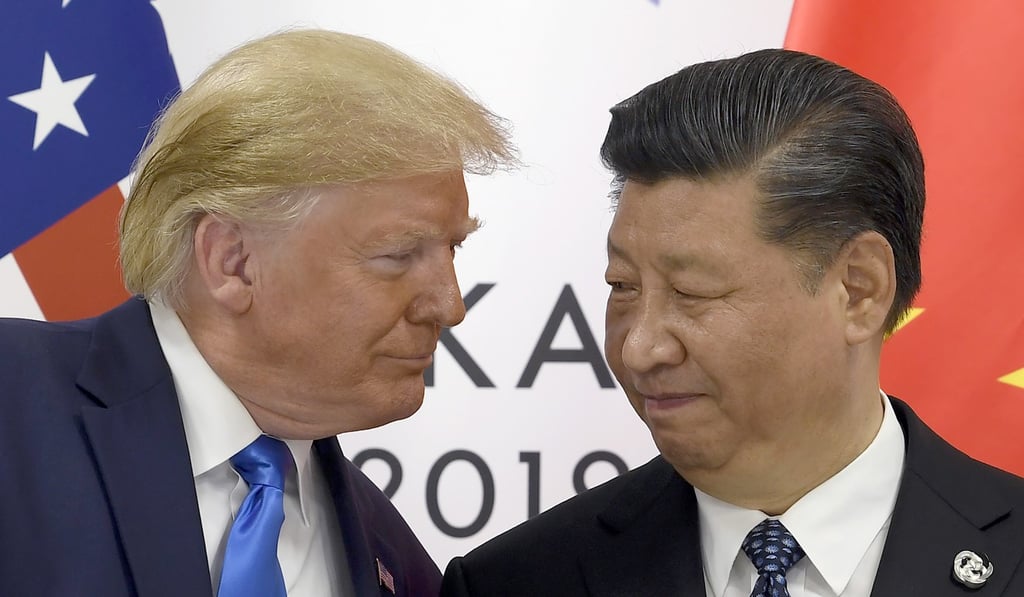Advertisement
Sino File | Under Trump, US arms sales to Taiwan could be the new normal
- The American president has stepped up the frequency of weapons deals with the island, and officials now talk of making the process routine business
- In doing so, Washington has shown its willingness to confront Beijing even when relations are at their lowest ebb
Reading Time:4 minutes
Why you can trust SCMP

The Trump administration’s green light for the sale of 66 fighter jets to Taiwan will not make much operational military impact. But it delivers a strong message about the US commitment to defend the East Asian democracy. And, more notably, it underscores a significant change in Washington’s geopolitical considerations under its “Indo-Pacific” strategy, which aims to contain China.
The sale will be the largest and most significant shipment of weaponry to the self-ruled island in decades, since George H.W. Bush approved the sale of 150 fighter jets in 1992. In 2011, the Barack Obama government rejected Taiwan’s request to buy F-16C/D planes, but agreed to upgrade the island’s F-16A/B fighters, bought in 1992.
The United States is obliged to help defend Taiwan by providing “arms of defensive character” under the Taiwan Relations Act, which was passed in 1979 when Washington switched diplomatic recognition from Taipei to Beijing.
Advertisement
Given Taiwan’s relatively small economy and defence budget compared with Beijing’s, this sale will hardly tip the military balance, which has been tilting towards the mainland.

Advertisement
Under President Xi Jinping, Beijing has sought to expand its military power and has stepped up threats to take Taiwan by force, if necessary. It has increased navy and air force “encirclement” patrols around the island since Tsai Ing-wen, of the independence-leaning Democratic Progressive Party, came to power in 2016. In return, Tsai has stepped up countermeasures. Last week, Taipei unveiled its largest defence spending increase in more than a decade, to NT$411.3 billion (US$13.1 billion) for next year. But that figure is only about 5 per cent of the mainland’s US$250 billion for 2018.
Advertisement
Select Voice
Select Speed
1.00x
